Event speakers weigh in on the speed of change and their hopes for greater attention to aquaculture outside of seafood’s established circles
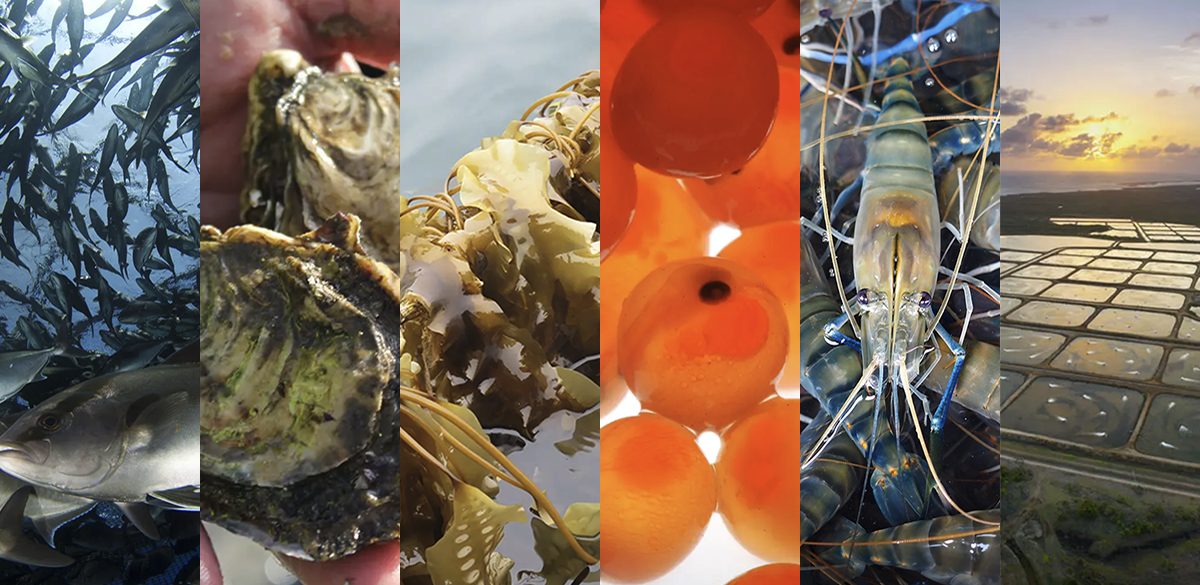
Blue food is such a new term for edible aquatic animals and plants from marine and freshwater systems that a Google images search for “blue food” yields mainly buckets of blueberries, a dog food brand and one very strange-looking chicken.
A bridge term encompassing both captured and cultivated seafood, blue food is a global sector fighting for more attention and support from governments, the private sector, academia and consumers. Yet with improvements needed across the value chain – from farming and fishing practices to traceability and animal welfare protocols – the sector is ripe for innovation.
The Blue Food Innovation Summit – to be held May 23 and 24 at the Hilton Tower London Bridge – will showcase some of the best examples of how technology, intelligence and collaboration lead to continual improvement on the water, with a heavy focus on aquaculture technology and restorative practices. Featuring 100 speakers, the conference aims to “delve deeper into the fast-developing landscape of aquaculture and ocean health.”
Key topics of interest include ocean data, empowering small-scale farmers, animal health and welfare, recirculating aquaculture systems (RAS), investment, aquafeeds and more. The focus of the event, according to the event organizers Rethink Events Ltd., is to “overcome bottlenecks to growth” and promote greater collaboration to protect and restore the ocean ecosystem.
David Little, a longtime professor at Stirling University (Scotland) and scientific leader of The Blue Food Assessment, told the Advocate that the pace of innovation indeed needs to “ramp up.” Little will speak during a panel titled “Waves of Change: Unifying the Blue Sector through Education, Collaboration and Investment.” (See the full program here.)
“The type [of innovation] and challenges will vary dramatically depending on the context,” said Little. “The speed of change in countries like Bangladesh has been every bit as amazing, considering the level of resource constraint, as has the growth of salmon in Norway. Both demonstrate the importance of strong demand and innovation through the value chain.”
Study: Blue foods are ‘vital’ in the global food system but excluded from policymaking agenda
Aquafeeds are a huge area for innovation, considering the wide array of novel terrestrial, insect and microbial feed ingredients being introduced to the market. Mark Luecke, CEO of Prairie AquaTech (now Houdek), said that his company’s fermented plant protein ingredient, ME-PRO, is increasing profitability for producers by delivering highly digestible nitrogen and phosphorus that doesn’t pollute aquatic environments.
“The blue food sector is definitely innovative enough to meet the challenges, and it does so by continuing to adopt new technologies that may come at a price, such as a short-term increase in production cost, but it does so because it is the right thing to do. This has been true for nearly all alternative protein ingredients until they reach commercial scale and cost parity with other available ingredients,” said Luecke.
I’d hope that delegates come away with an appreciation from the diversity of the sector but with a realistic view of investments that will really work.
Melanie Siggs, director of strategic engagement for the Global Seafood Alliance (publisher of the Responsible Seafood Advocate), will chair the opening panel session titled “Producer Forum: Pioneering a Sustainable Future.” She said that the growth of blue food growth is essential to create a “planet-appropriate food system portfolio” because farmed seafood has a potentially low negative carbon footprint, is adaptable to multiple production systems and provides a high-nutrient product for consumers. But the sector needs bigger players to invest, she said.
“Blue food has all the answers and yet is woefully overlooked by so many of the leaders and investors influencing the direction of the global food system,” she added. “We have to ensure we aren’t just talking to ourselves, patting ourselves on the back at how brilliant ‘our’ propositions are. I encourage everyone to remember we work in the food industry, and we specialize in blue food, as we have a habit of becoming quite insular in the seafood world.”
Luecke of Prairie AquaTech echoed those sentiments, hoping that greater attention on all the various links of the aquaculture value chain will resonate beyond the halls of a conference room.
“The best possible outcomes for meetings like this are powerful policy statements from industry that reinforce clean aquatic environments, as well as strategic partnership announcements that create action above words on future sustainability initiatives,” said Luecke.
“I’d hope that delegates come away with an appreciation from the diversity of the sector but with a realistic view of investments that will really work,” said Little.
“Action-orientated lightbulb moments where people connect and truly catalyze and accelerate responsible blue food development,” said Siggs. “I do hope we have people, investors, influencers, joining the Summit who might not normally join a seafood or blue food event.”
Follow the Advocate on Twitter @GSA_Advocate
Now that you've reached the end of the article ...
… please consider supporting GSA’s mission to advance responsible seafood practices through education, advocacy and third-party assurances. The Advocate aims to document the evolution of responsible seafood practices and share the expansive knowledge of our vast network of contributors.
By becoming a Global Seafood Alliance member, you’re ensuring that all of the pre-competitive work we do through member benefits, resources and events can continue. Individual membership costs just $50 a year.
Not a GSA member? Join us.
Author
-
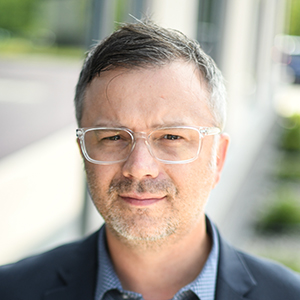
James Wright
Editorial Manager
Global Seafood Alliance
Portsmouth, NH, USA[103,114,111,46,100,111,111,102,97,101,115,108,97,98,111,108,103,64,116,104,103,105,114,119,46,115,101,109,97,106]
Tagged With
Related Posts
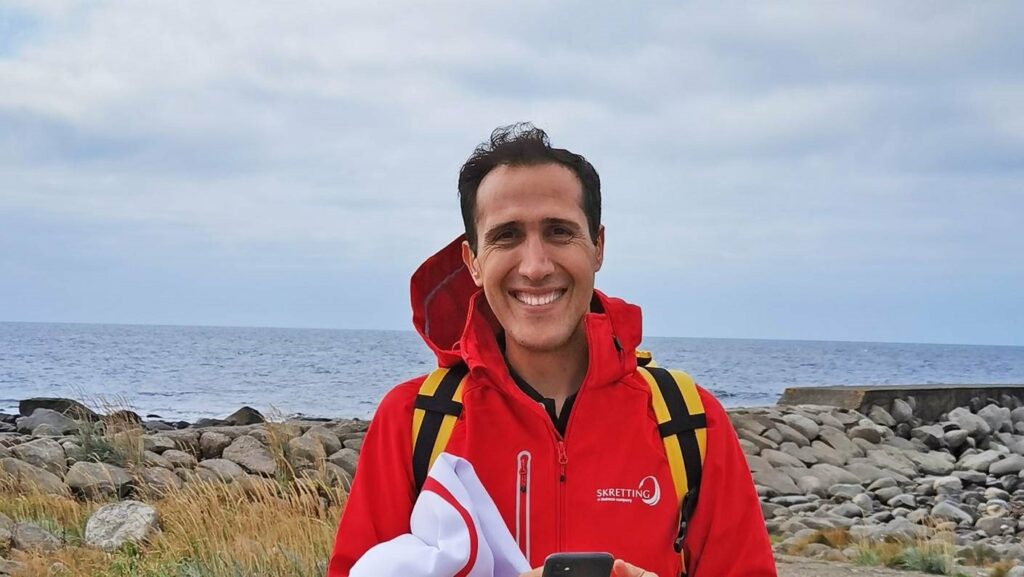
Responsibility
‘Do more and do better’ – Sustainability manager discusses Skretting’s ambitious agenda
Aquafeed giant Skretting recently appointed Jorge Diaz as its sustainability manager to advance its ambitious sustainability agenda.
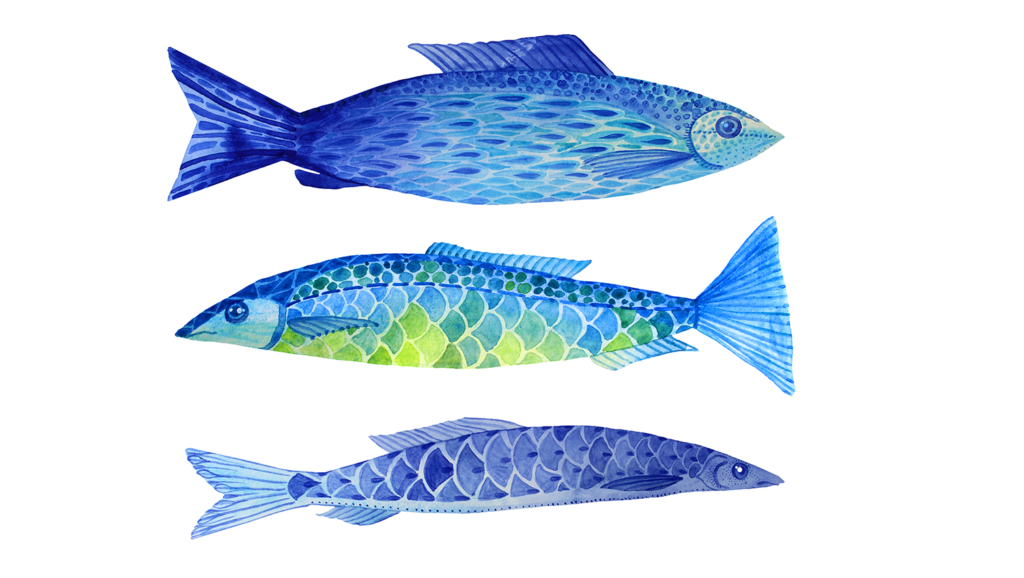
Responsibility
A wider view: It’s blue food’s time
There is urgency to conversations about the role of blue food in mitigating climate change, increasing momentum toward some specific goals.
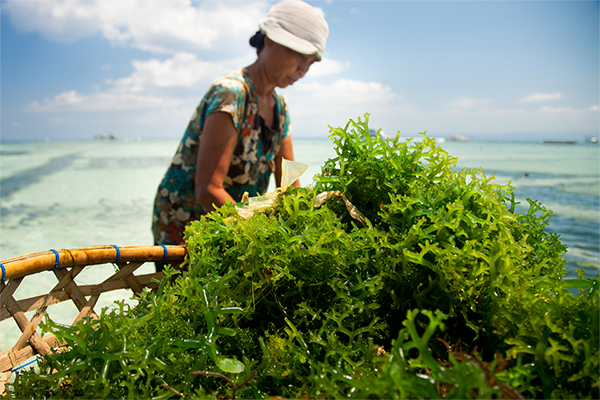
Intelligence
A seat at the table: Fed By Blue team says aquaculture needs a stronger voice
In Fed By Blue, star power and a women-led production team aim to prop up farmed seafood with a focus on the message: Blue foods are the future.
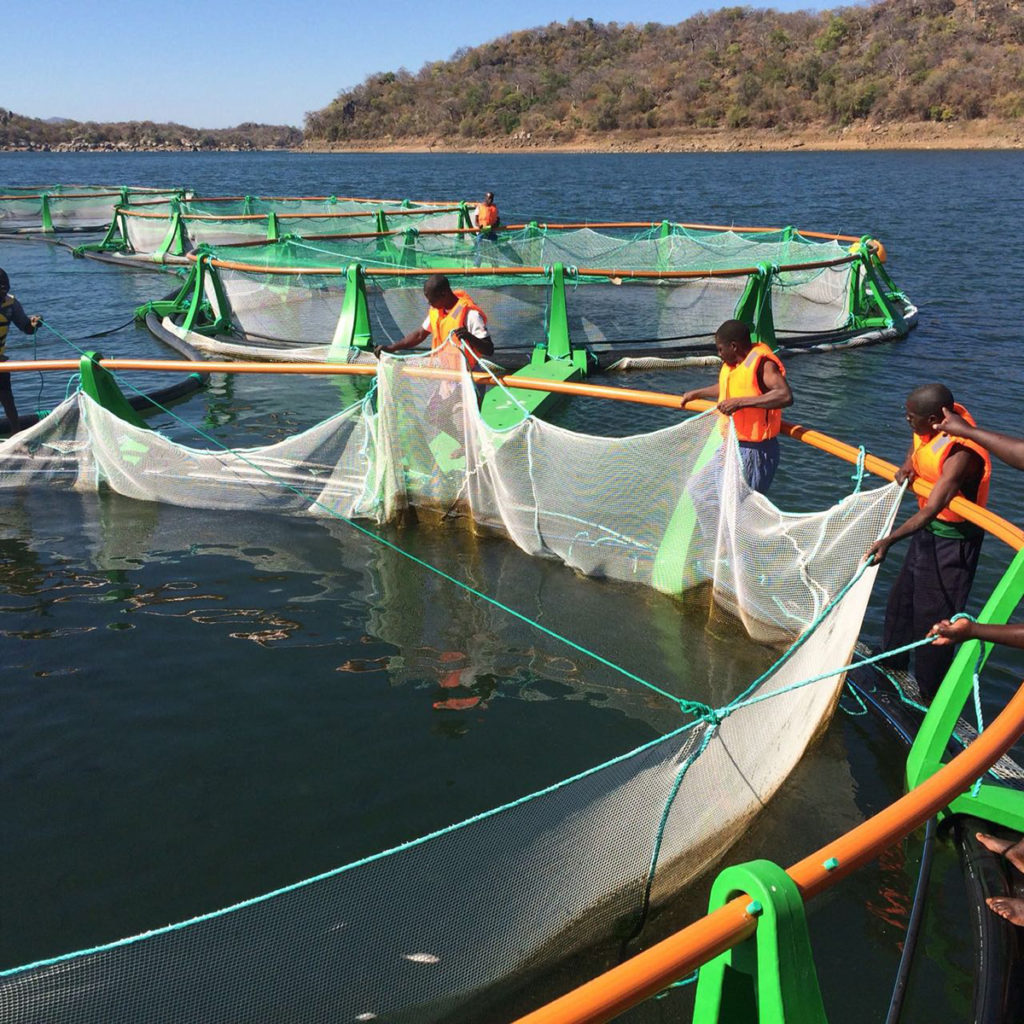
Responsibility
‘Model’ tilapia venture shows mettle in Mozambique
On the shores of Lake Cahora Bassa, Chicoa Fish Farm hopes to create a ripple effect to improve fish supply and quality of life for an impoverished region.


